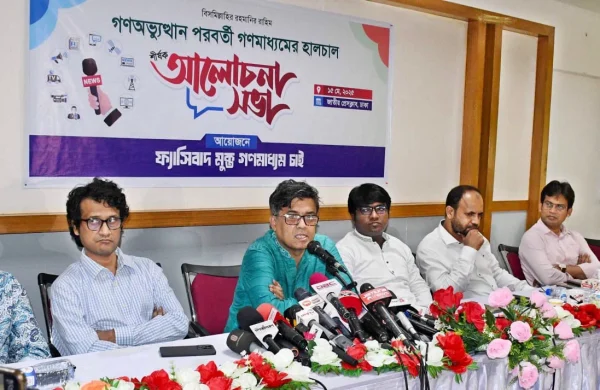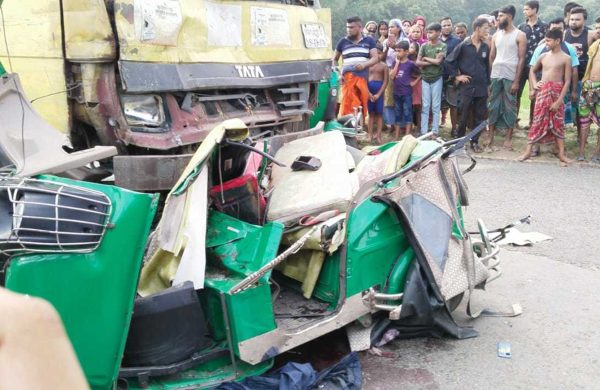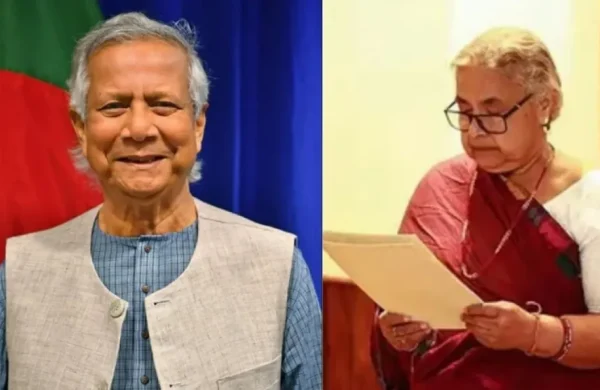Journalists to get accreditation cards soon: Shafiqul
- Update Time : Thursday, May 15, 2025

Staff Correspondent:
Press Secretary to the Chief Adviser Shafiqul Alam has said that the issuance of accreditation cards will commence soon and will be provided exclusively to journalists.
He made the comments on Thursday, while speaking at a discussion held at the Tofazzal Hossain Manik Miah Hall of the National Press Club.
Shafiqul Alam mentioned that 167 accreditation cards had previously been revoked, which he acknowledged as a mistake.
“We have formed a new accreditation committee and introduced a simplified policy. The cards will be issued shortly and the process has been made journalist-friendly,” he said.
He further explained that, under the previous system, cardholders were required to seek government permission when traveling abroad and were often expected to praise the government—provisions that have now been removed.
Highlighting past issues, he said that the accreditation system was previously manipulated by individuals affiliated with political groups such as the Chhatra League.
Many previous members of parliament and party leaders had obtained journalist cards to gain easy access to the Secretariat for lobbying purposes.
“We are now shifting away from that system to ensure that only genuine working journalists who legitimately require access to the Secretariat receive accreditation cards. We aim to maintain maximum transparency in this process.”
Referring to the press secretary said: “There are reportedly 266 murder cases filed against journalists. We welcome such reporting and believe further investigation is necessary. Who filed these cases? Was the government responsible? Although the government may not have filed them directly, blame still tends to fall on us. People expect us to take action. However, legal experts have said that once a case is filed by an individual, it becomes extremely difficult—almost impossible—for the government to withdraw it.”
He clarified that the caretaker government is not responsible for those cases and assured that further investigations are underway. “We are not arresting anyone. Many of those journalists are performing their duties properly. We hope this chapter will soon come to a close.”
Highlighting the media environment under the current administration, he said: “In the past nine months, the media have had unprecedented freedom. While some journalists have lost their jobs, this was due to decisions made by media owners to safeguard their businesses, not under pressure from the government.”
Emphasizing the need for social media guidelines for every media outlet, he said such frameworks exist in other countries and should be implemented in Bangladesh as well.
He said: “A journalist may have personal political or religious beliefs, but their primary identity should be as a journalist. Otherwise, if misleading opinions are posted on social media, it may harm others and erode public trust in journalism.”
He concluded by calling for a break from the toxic legacy of 15 years of authoritarian rule.
He said: “Journalists who have committed unethical acts or misused their rights must acknowledge their actions. If not, they must reflect and start anew. Only then will public trust be restored. The government also wants to see public confidence in journalists revived.”
















